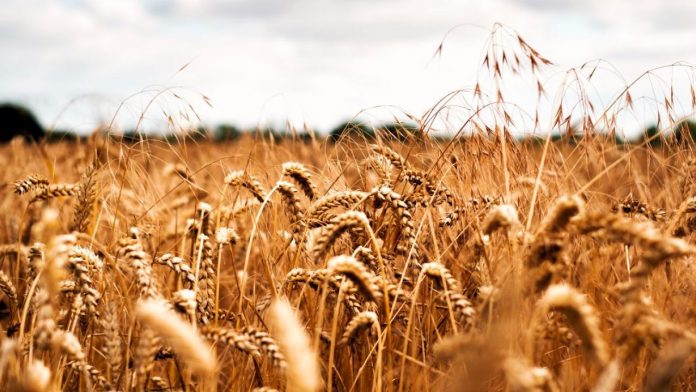The plummeting wheat prices in Punjab province, coupled with the lack of intervention from the Food Department, paint a dire picture for farmers. The situation highlights several interconnected issues plaguing the agricultural sector, including inadequate government support, rising input costs, and unpredictable weather patterns exacerbated by climate change.
Firstly, the discrepancy between the government’s minimum support price (MSP) and the actual market price leaves farmers financially vulnerable. Despite the official MSP set at Rs3,900 per 40 kg, farmers are forced to sell their wheat at significantly lower rates, sometimes as low as Rs3,200 per 40 kg. This situation not only erodes farmers’ incomes but also undermines their confidence in government policies designed to protect their interests.
The absence of timely procurement initiatives from the Food Department exacerbates the farmers’ plight. Without adequate purchasing intervention, farmers are compelled to sell their produce at distress prices to private buyers, further driving down market rates. The delayed procurement campaign not only fails to provide farmers with a reliable market outlet but also contributes to market instability and price volatility.
Additionally, escalating input costs, such as fertilizers, diesel, and electricity, further squeeze farmers’ margins. The discrepancy between input costs and selling prices pushes farmers into precarious financial positions, making it increasingly challenging for them to sustain their livelihoods. The inability to cover production costs threatens the economic viability of wheat farming and exacerbates financial distress among farmers.
Furthermore, the impact of climate change compounds the challenges faced by farmers in Punjab. Unpredictable weather patterns, characterized by erratic rainfall and extreme weather events like windstorms and hailstorms, pose significant risks to crop yields and quality. The recent rains and accompanying weather extremes have damaged standing wheat crops, jeopardizing farmers’ harvests and exacerbating their financial losses.
In response to the crisis, farmers’ associations have mobilized protests against the government’s inaction and failure to devise effective policies to support wheat growers. The planned sit-in in front of the Punjab Assembly underscores the growing frustration and disillusionment among farmers with the authorities’ inadequate response to their grievances.
Amidst these challenges, the government’s belated efforts to initiate a wheat procurement campaign and provide logistical support through Bardana distribution and delivery subsidies offer a glimmer of hope for farmers. However, the efficacy and timeliness of these measures remain uncertain, given the systemic issues plaguing the agricultural sector in Punjab.


